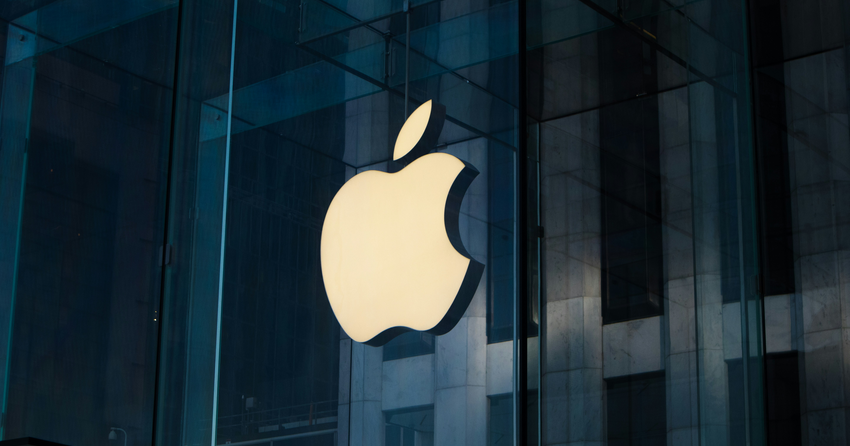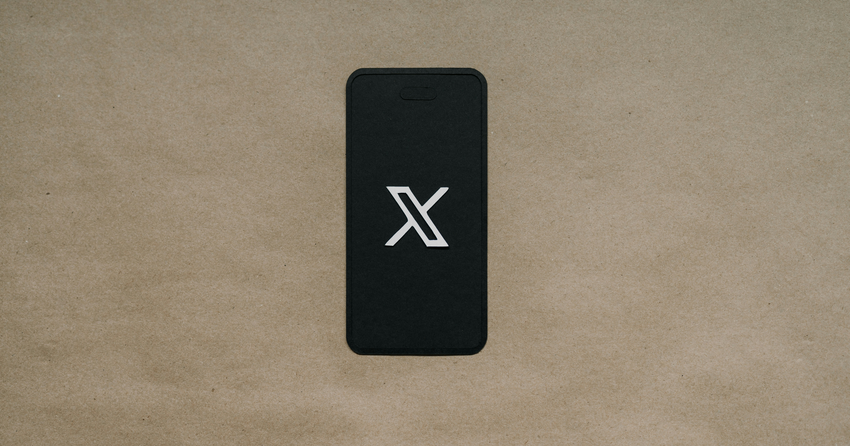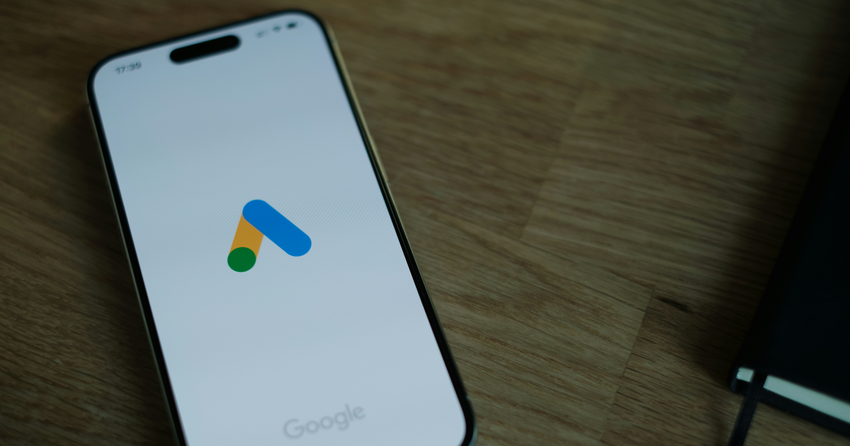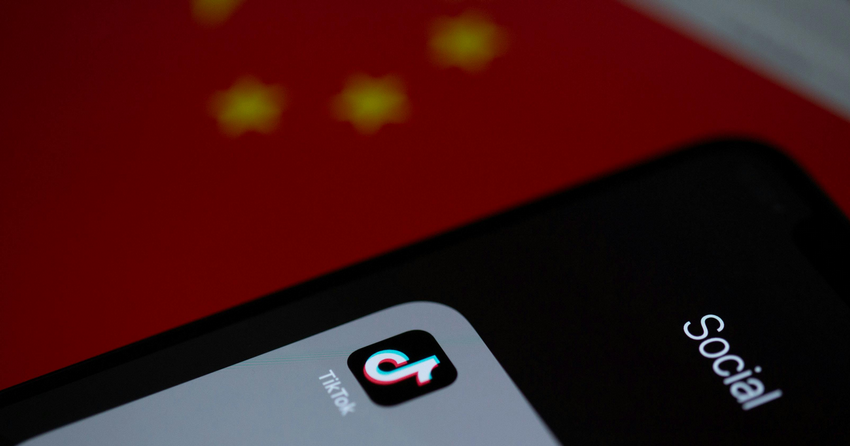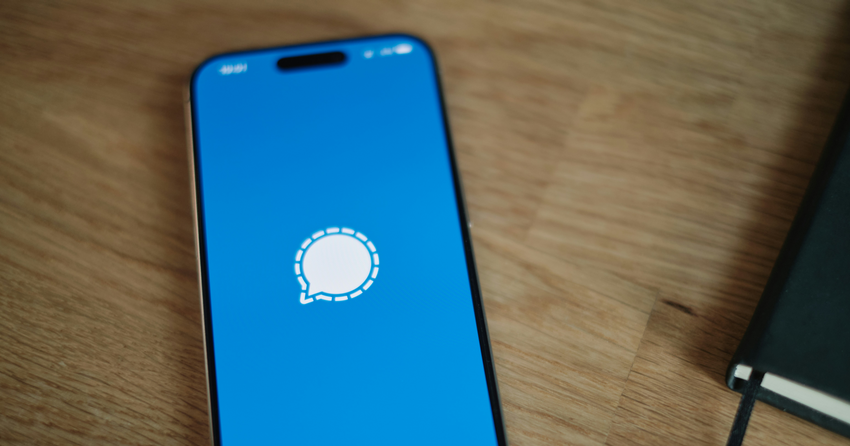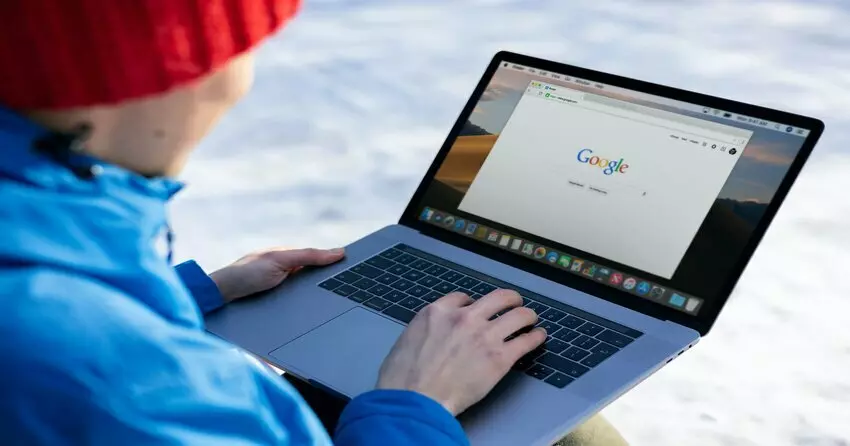
Google Accused of Stealing Patented AI in $1.67 Billion Case
Tech company Singular Computing sued Google in a federal court in Boston, alleging that the tech mogul stole its patented AI technology on Tensor Processing Units (TPUs). Singular Computing is seeking $1.67 billion in damages.
Google’s pretrial documents state that Singular Computing has asked for up to $7 billion in monetary damages, but Singular’s lawyers only asked for $1.67 billion during the trial.
According to Reuters, Google representatives and Singular founder Joseph Bates met on many occasions between 2010 and 2014. During these meetings, Bates reportedly shared some ideas related to AI tech with Google. The computer scientist claims that rather than license the technology, Google copied and incorporated his patented tech into its TPUs.
Singular’s counsel, Kerri Timbers, told jurors that Google used Bates’ copied innovations to support AI features in Gmail, Google Search, Google Translate, and other services. Jurors were also presented with emails from Jeff Dean, the current chief scientist at Google, describing Singular’s technology as “really well suited” for Google’s products.
Google’s lawyer, Robert Van Nest, defended the originality of Google’s technology, saying the employees who developed it never met Bates. “Google engineers had mixed feelings about the technology and the company ultimately rejected it, explicitly telling Dr. Bates that his idea was not right for the type of applications Google was developing,” Google said in a court filing.
“Google’s chips are fundamentally different, fundamentally different, than what is described in Singular’s patents,” Van Nest stressed in the courtroom, saying Bates’ technology is based on approximate math that leads to “incorrect” calculations.
Google introduced its TPUs in 2016 but had been using them since at least 2015. This technology brings the power of AI into features like search, content generation, and speech recognition. Google is currently using the fifth generation of the processing units to train AI models for its cloud infrastructure. Versions two and three, introduced in 2017 and 2018, are the subject of Singular’s lawsuit against Google.
Last month, a jury ruled in favor of Epic Games, recognizing that the tech giant has turned Google Play app store and Google Play Billing into an illegal monopoly. In a separate antitrust lawsuit also related to Play Store, Google agreed to a $700 million settlement. Just recently, the tech giant agreed to settle $5 billion class-action lawsuit related to misleading users of its “incognito” browsing mode in Chrome.





